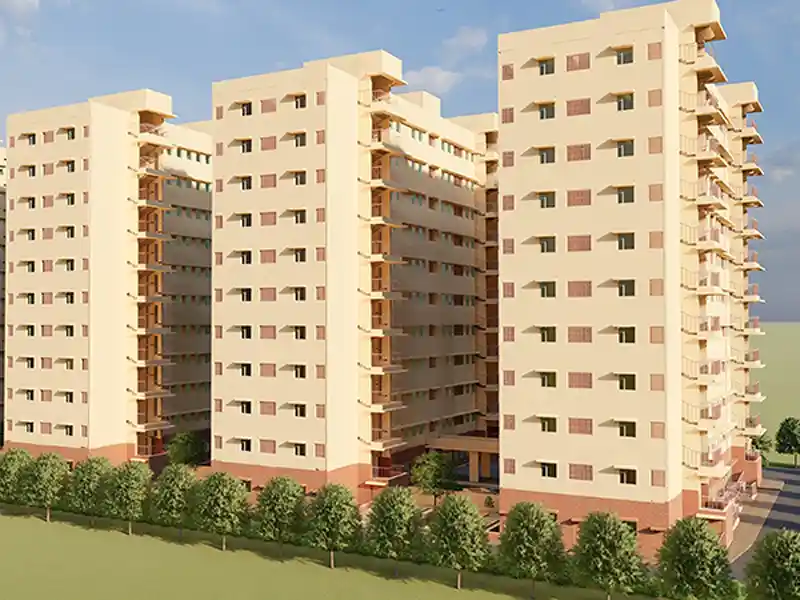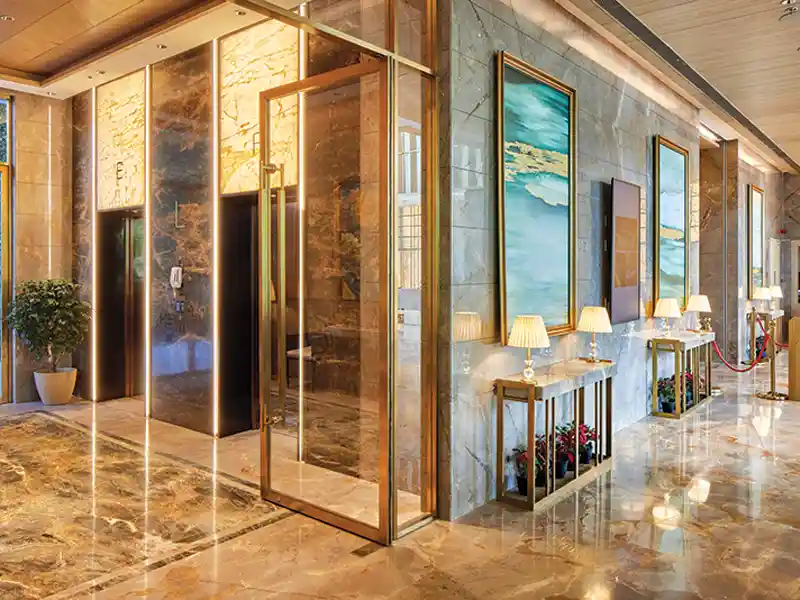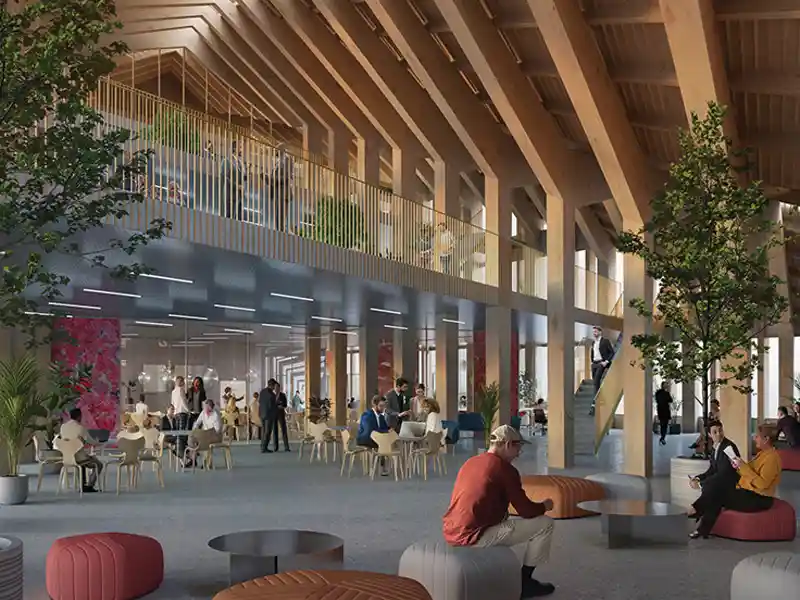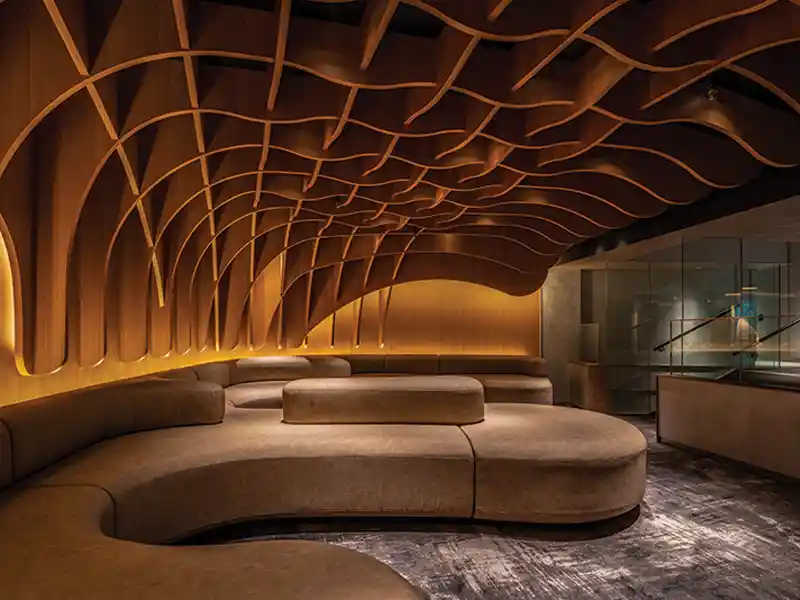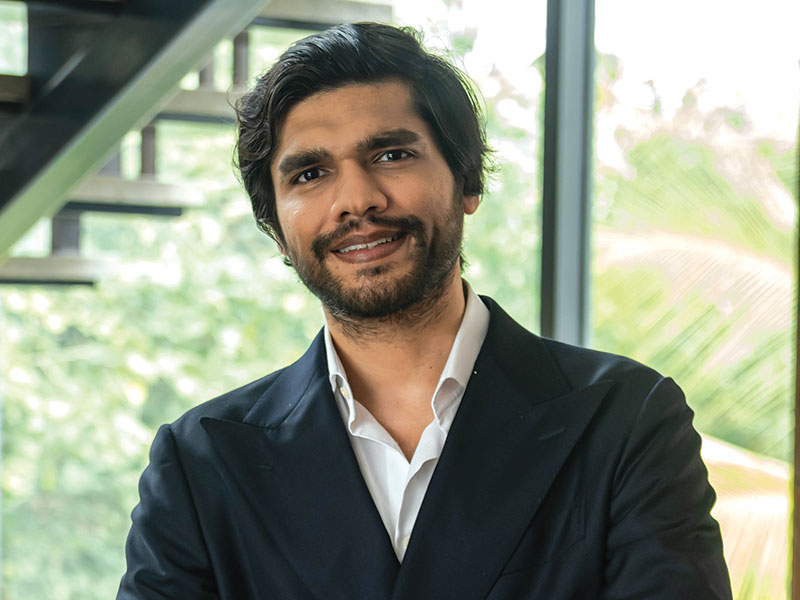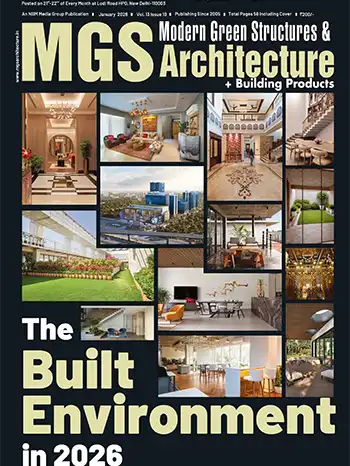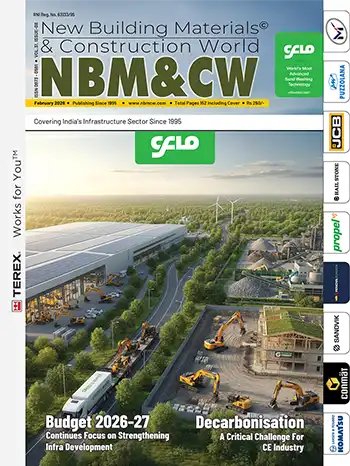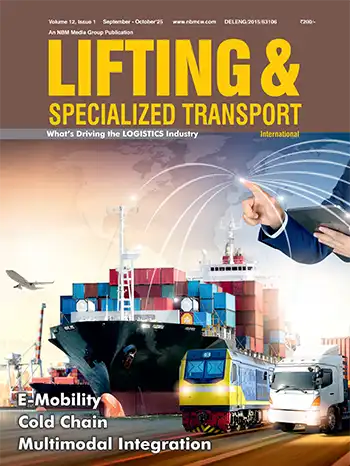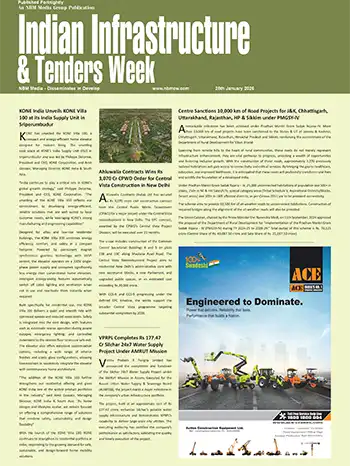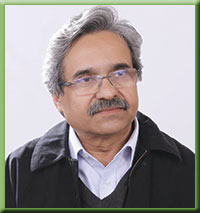
Ar. Das has assumed a singular identity in fields of urban design and planning, regeneration and housing in India. He is of that rare breed of architects who, faced with the choice between designing a public housing project or a private estate, might actually prefer the former. He has been consultant to a number of international agencies, and has taught at prestigious universities and executed projects in various countries. His resistance to totalitarian solutions and promotion of community action might be against the grain of prevalent thinking, which favors the interests of capitalists and power elites in a neoliberal economy, rather than the average citizen and city-dweller. But SK has maintained a professional stance and an impeccable reputation, thereby ensuring that he is invited to participate in significant projects and enterprises.
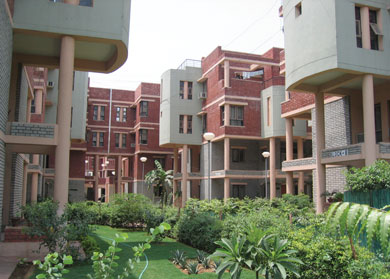
"The new architecture of globalization is based on a single template of corporate identity and uniformity that replaces textured memory with high gloss, as in cooking, clothes, houses, buildings and even cities. It is against this backdrop that I explore an architecture of contextual multiplicity that celebrates diversity and pluralism specific to circumstances. Whether this constitutes a resistance or, a new direction for the future, only time will tell."
Neither knowledge and experience nor awards and achievements have blunted his critical stance towards the contemporary city. Ar. Das has witnessed how the Indian government has come to recognize, rather belatedly, the transformative phenomenon of urbanization and the potential of the Indian city to accommodate the collective needs of the people. Whether working for the government or for private developers, he sees himself contributing to the development of the Indian city as a vibrant agglomeration of diverse fragments. His projects tend to focus on the public realm as the glue that binds the space of the city, where the enclosed spaces occupied by individuals and groups maintain a symbiosis with the public, feeding off it in functional terms and returning to it an aesthetic that represents the diversity of users. His projects are illustrative of these thematic concerns and represent the scale of architecture that is both the forte of his work, as well as a perennial challenge and inspiration.
Ar. Das works from his studios in Delhi and Bhubaneswar. Recently he founded the Habitat Urban Transformation Lab (UTLab), a collaborative urban practice that intends to break away from isolation and seek the transformation of cities and public domain through a creative dialogue with social sciences, the arts, and the community.

